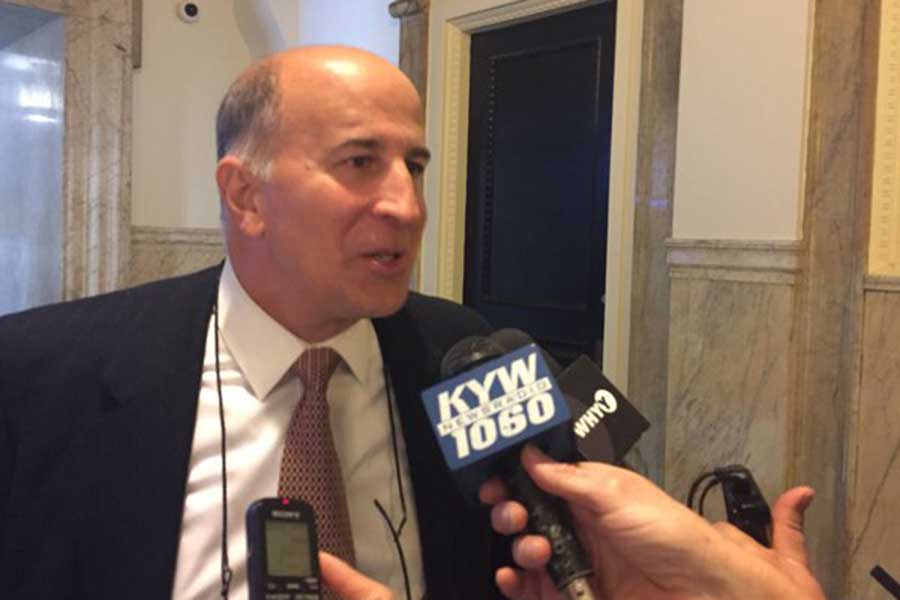Philadelphia City Councilman Mark Squilla killed a bill that venue owners referred to as the “DJ registry” bill after a Feb. 1 meeting with about a dozen representatives from the local music industry.
“At the end of the meeting, all present agreed that withdrawing was the best way to end the confusion created by this proposed bill,” Squilla posted in a statement to his Facebook page, adding he plans “to work with those in the industry to craft new legislation that will reflect his original intent.”
There is not yet a timeline for when a new bill would be introduced.
Squilla said he wanted to close the loophole in the definition of “social entertainment” in the current law regarding special-assembly licenses. Only venues hosting live music — like DJs, singers or bands — are required to have a license. Squilla told PGN some venue owners could claim, “I don’t need a license because I’m just using an iPod and streaming music.”
Before withdrawing the bill, Squilla made two big changes regarding the registry requirement and license fee. He said when he initially proposed his bill to close the loophole, it included language to ask for the names and addresses of performers. It was meant to help police in case an incident occurred at an event, he said.
“I requested to remove that because we had some pushback and concern,” Squilla told PGN.
Josh Schonewolf, LGBT event producer, said he was concerned that collecting names and address of performers “could potentially really muddy the performance scene in Philadelphia.”
He noted the performers he often works with — particularly in burlesque and drag — don’t use their real names.
“If I’m booking them a flight, I have to know their legal name, but otherwise, no,” Schonewolf said.
Squilla also removed a fee increase that stipulated it would cost $500 annually to get a license, instead of $100.
“Some smaller locations said they wouldn’t be able to afford it,” he said.
Before withdrawing the bill, Squilla changed the language to say it would cost $200 every two years; essentially the same annual cost, but the venue owners would not have had to apply as frequently.
Squilla said he hopes to have venue owners’ support for any bill meant to close the loophole in licensing.
